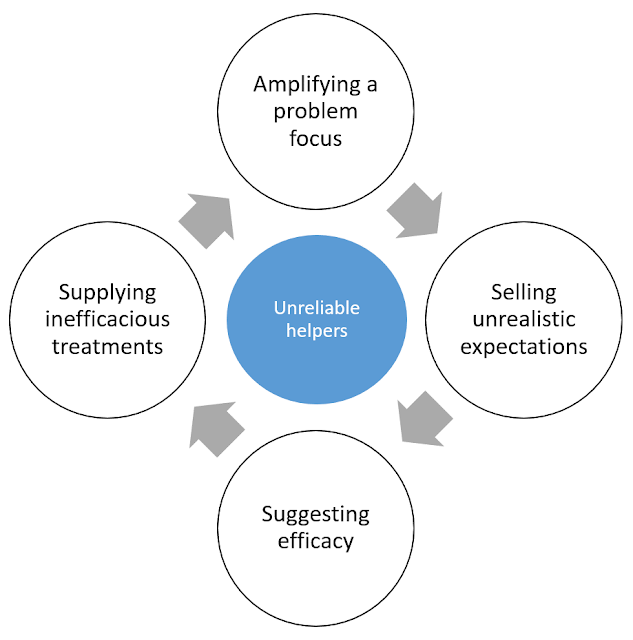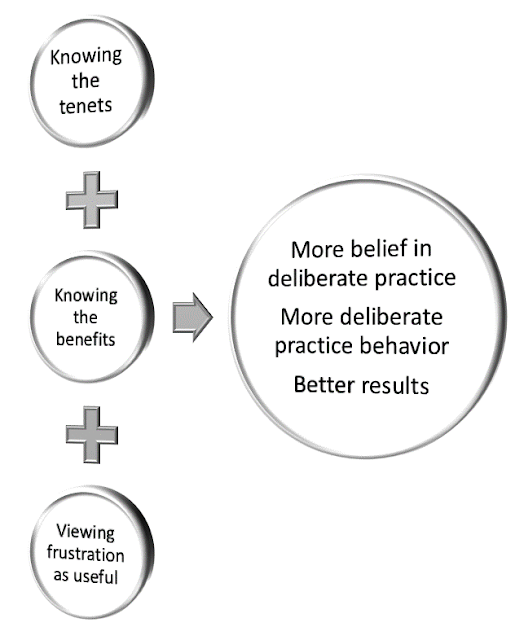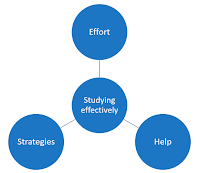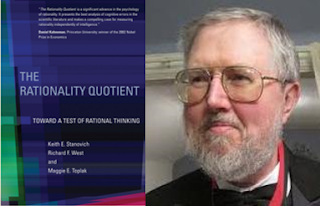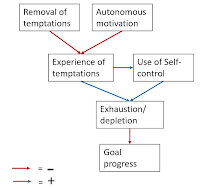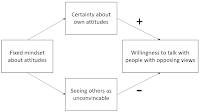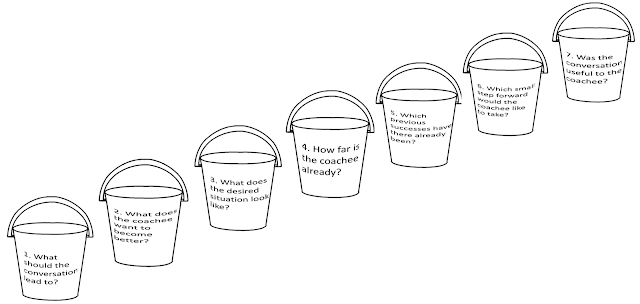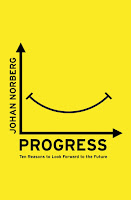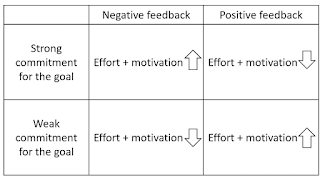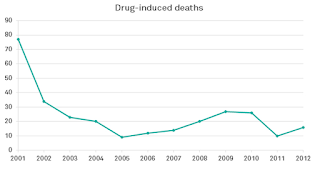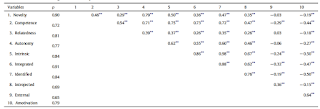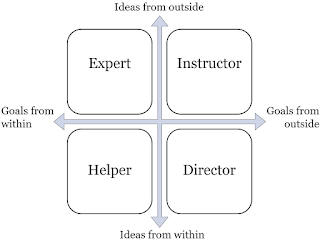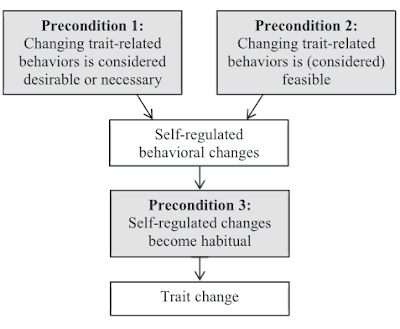Review of Against Empathy – Paul Bloom (2016)
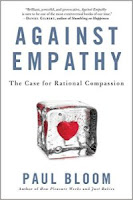
Ideas in psychology can be rather at odds with our intuitions. An example of this can be found in a new book, Against Empathy: The Case for Rational Compassion , written by Paul Bloom, psychologist at Yale University. Many people view empathy as an important source of all that is good in the world and the lack of empathy as an important cause of many bad things in the world. Leaders like Barack Obama and scientists like George Lakoff and Simon Baron-Cohen view empathy as something of which people can't have too much. Bloom has a different view.
